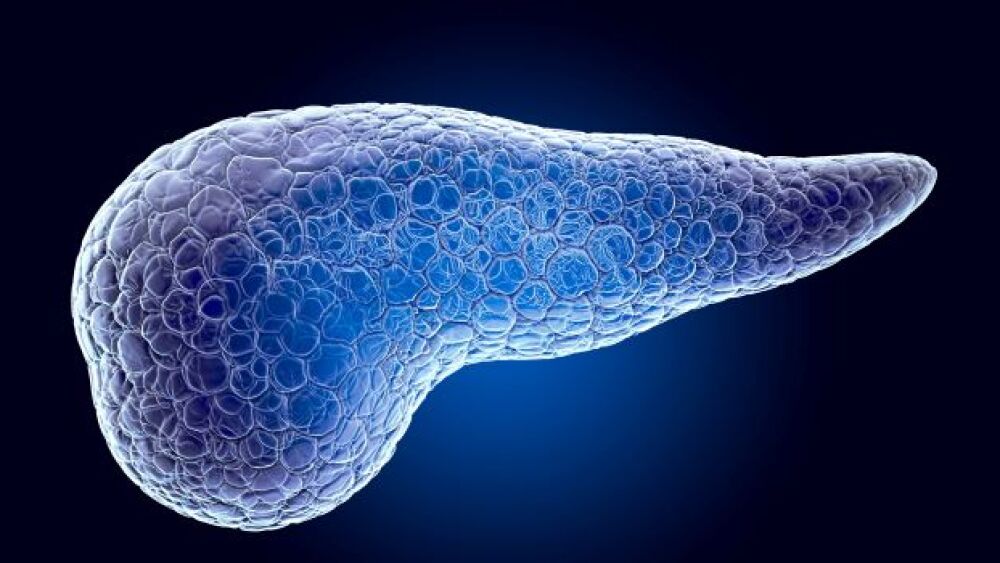First Wave BioPharma announced that it is restarting its adrulipase program for the treatment of exocrine pancreatic insufficiency in cystic fibrosis and chronic pancreatitis.
In a letter to stockholders Monday, First Wave BioPharma announced it is restarting its adrulipase program for the treatment of exocrine pancreatic insufficiency (EPI) in cystic fibrosis and chronic pancreatitis.
The decision comes soon after First Wave and its Minneapolis-based partner Pace Life Sciences developed what they believe to be an improved enteric microgranule drug delivery formulation.
This new formulation optimizes the release of adrulipase while also improving manufacturing yields, James Sapirstein, chairman, president and CEO of First Wave, wrote in the letter.
The company is looking to file an Investigational New Drug application with the FDA in hopes of initiating a Phase II proof-of-concept study to assess the new formulation. Subject to the FDA’s clearance, First Wave expects to start the trial before year-end.
People suffering from EPI lack key pancreatic enzymes that help in the digestion of food, leading to weight loss and several stomach problems.
Adrulipase is an oral recombinant lipase enzyme that treats EPI by breaking down fat molecules in the digestive tract so patients can absorb them as nutrients. The candidate comes from the Yarrowia lipolytica yeast lipase and has a non-systemic mode of action. It is First Wave’s most advanced clinical asset.
In an e-mail to BioSpace, Sapirstein commented on disappointing results from earlier trials.
“Prior clinical trials of adrulipase utilized a dry powder formulation which was tested with different drug delivery capsules – both immediate- and delayed-release,” he said.
Results from these studies were mixed, he added, with some patients reaching the primary efficacy endpoint while others did not.
Using the new drug delivery formulation, in vitro tests have identified a delayed-release profile, ensuring that adrulipase is delivered directly to the parts of the gastrointestinal tract where it can mix with maldigested food to maximize its therapeutic effect.
This better targeting helps adrulipase consistently reach a coefficient of fat absorption exceeding 80%, which is the threshold at which treatments are expected to yield therapeutic benefit in EPI patients.
First Wave’s new formulation for delivery could also substantially lessen the number of pills EPI patients need to take to see a therapeutic effect.
Considering that those on pancreatic enzyme replacement therapy can sometimes need up to 40 pills a day, cutting down on this medication burden could be an edge for adrulipase. Better manufacturing yields could lead to lower drug prices, too.
Prior trials have found adrulipase to be well-tolerated, and the new delivery formulation is not expected to change that, Sapirstein said.
In light of these developments, First Wave is channeling its near-term resources into the adrulipase program, seeking to fund the candidate’s IND application and through its planned Phase II trial.
This will pivot resources away from the company’s niclosamide program. The asset recently yielded lukewarm results in COVID-19, ulcerative proctitis and ulcerative proctosigmoiditis.






